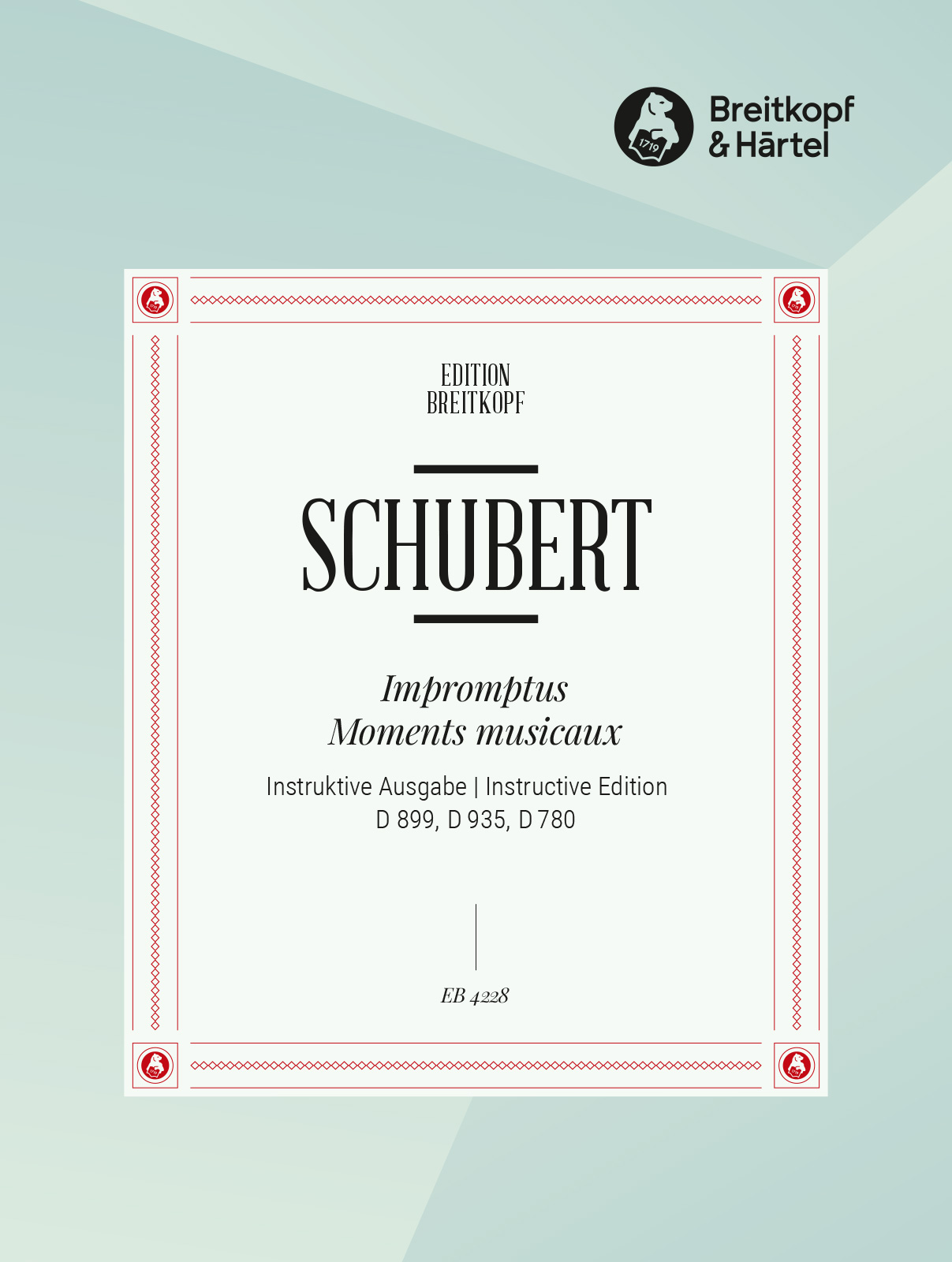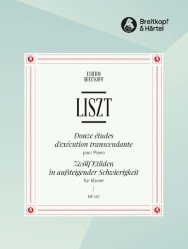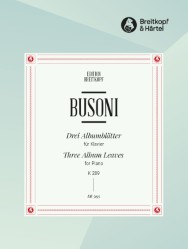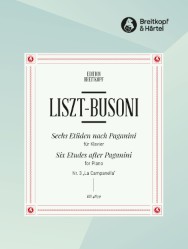Impromptus and Moments musicaux
D899 Op.90 & D935 Op.Post 142, D780, Op. 94

| Product Code: | 979-0-004-81058-3 |
| ISMN: | 979-0-004-81058-3 |
| Publishers Number: | EB 4228D |
| Page count: | 97 |
| Condition: | New |
Impromptu c minor Op. 90 No.1
Impromptu E flat major Op. 90 No. 2
Impromptu G flat major Op. 90,3
Impromptu A flat major Op. 90 No. 4
4 Impromptus D 935 Op. post.142
Impromptu f minor Op. post.142 No. 1
Impromptu A flat major Op. post.142 No. 2
6 Moments musicaux D. 780 Op. 94
Moment musicaux C major Op. 94 No. 1
Moment musicaux A flat major Op. 94 No. 2
Moment musicaux f minor Op. 94 No. 3
Moment musicaux c sharp minor Op. 94 No. 4
Moment musicaux f minor Op. 94 No. 5
Moment musicaux A flat major Op. 94 No. 6
Impromptu B flat major D 935 Op. post.142 No. 3
Impromptu f minor D 935 Op. post.142 No. 4
His major works include the art songs “Erlkönig,” “Gretchen am Spinnrade,” and “Ave Maria”; the “Trout Quintet”; the Symphony No. 8 in B minor (“Unfinished”); the Symphony No. 9 in C major (“Great”); the String Quartet No. 14 in D minor (“Death and the Maiden”); the String Quintet in C major; the Impromptus for solo piano; the last three piano sonatas; the Fantasia in F minor for piano four hands; the opera “Fierrabras”; the incidental music to the play “Rosamunde”; and the song cycles “Die schöne Müllerin,” “Winterreise,” and “Schwanengesang”.
Schubert showed uncommon gifts for music from an early age. His father gave him his first violin lessons, and his elder brother gave him piano lessons, but Schubert soon exceeded their abilities. At the age of eleven, he became a pupil at the Stadtkonvikt school, where he became acquainted with the orchestral music of Joseph Haydn, Wolfgang Amadeus Mozart, and Ludwig van Beethoven. He left the Stadtkonvikt at the end of 1813 and returned home to live with his father, where he began studying to become a schoolteacher. Despite this, he continued his studies in composition with Antonio Salieri and still composed prolifically.
In 1821, Schubert was admitted to the Gesellschaft der Musikfreunde as a performing member, which helped establish his name among the Viennese citizenry. He gave a concert of his works to critical acclaim in March 1828, the only time he did so in his career. He died eight months later at the age of 31, the cause officially attributed to typhoid fever, but believed by some historians to be syphilis.
Appreciation of Schubert’s music while he was alive was limited to a relatively small circle of admirers in Vienna, but interest in his work increased greatly in the decades following his death. Felix Mendelssohn, Robert Schumann, Franz Liszt, Johannes Brahms, and other 19th-century composers discovered and championed his works. Today, Schubert is ranked among the greatest composers in the history of Western classical music, and his work continues to be admired and widely performed.
Forming part of Breitkopf's Instructive Editions, Schubert’s Impromptus D. 899 Op.90 & D. 935 Op. Post.142 and Moments Musicaux D. 780, Op. 94 are core…
The Impromptus D. 899 & D. 935 are two sets of four pieces each, written in 1827. They feel spontaneous—songlike, dramatic, or virtuosic .
The Moments Musicaux D. 780, Op. 94 are a set of six miniatures composed between 1823–1828. They are even more compact than the Impromptus, and have often compared to Beethoven’s Bagatelles for their brevity and mercurial character.
R.R.P £16.00
Our Price: £14.00
Digital Download – PDF
Shipping costs: No shipping
Please create and forward a copy of this publication to the customer
You might also like
-
12 études d’exécution transcendante
£23.00 -
3 Album Leaves K 289
£11.00 -
6 Etudes after Paganini
£14.00 -
6 Etudes after Paganini
£15.00




